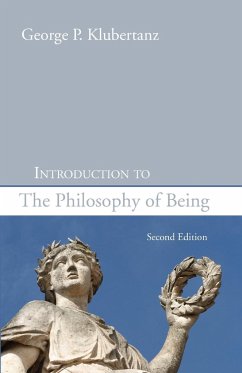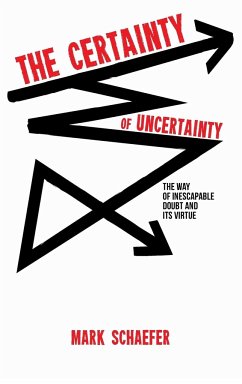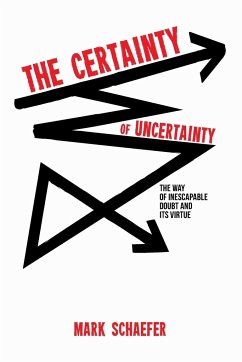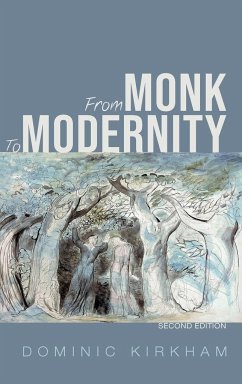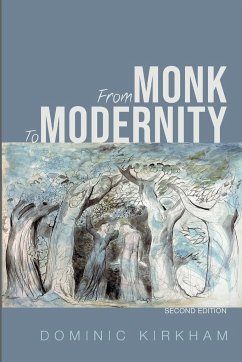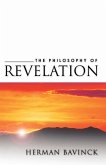This is an introductory textbook of metaphysics, whose aim is to help a beginning student. . . . According to St. Thomas, the human intellect must begin with sensible things, and hence all principles must somehow be found in sense experience. The discovery of principles is an induction, as I hope to prove in this text. But there is no danger of empiricism or sensism, if we remember that point on which Aristotle and St. Thomas were ready to stake their whole philosoophy, namely, that sensible things are potentially intelligible. With regard to the manner of presentation, this book is not 'St. Thomas made simple.' St. Thomas's thought is not simple, and attempted simplifications usually end by simplifying the positions and letting the reasoning go. The method of this book attempts to provide for the necessary introductory character of the course by selecting only a few of the problems of metaphysics for study and by giving as concrete a presentation of the evidence as possible. --from the Preface
Hinweis: Dieser Artikel kann nur an eine deutsche Lieferadresse ausgeliefert werden.
Hinweis: Dieser Artikel kann nur an eine deutsche Lieferadresse ausgeliefert werden.

